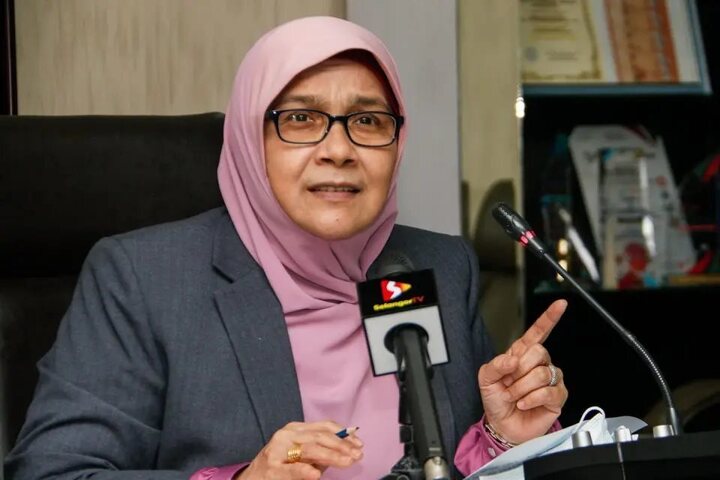KUALA LUMPUR, June 15 – Selangor has begun a mapping project to better manage the risk of dengue virus transmission from Aedes mosquitoes to humans as the state continues to report the highest number of dengue cases in the country.
State Public Health, Unity, Women and Family Development Committee chairperson Dr Siti Mariah Mahmud, in a statement today, said the pilot programme involves the use of drones and a hotspot locality tracking application to monitor the epidemic more effectively.
The Selangor state government has allocated RM5 million this year on dengue control efforts, Dr Siti Mariah said. No further details on the pilot project were revealed, though the hotspot tracking app can be accessed by the public.
Selangor has reported 13,438 cumulative dengue cases as of June 11, 2022, with Klang recording the highest number of cases by district at 2,257 cases. This is followed by Damansara with 2,038 dengue cases, Kajang (1,338 cases), Sungai Buloh (1,324 cases), and Petaling (1,169 cases).
“In conjunction with Asean Dengue Day 2022, I call on every individual to raise awareness on dengue prevention as well as take preventive measures such as keeping the house and surrounding areas clean, removing stagnant water containers that can cause breeding, using repellents, and proper disposing of rubbish in bins.
“The Selangor Community Health Volunteers (SUKA) will also implement programmes at the community level to increase people’s level of knowledge and awareness about the importance of preventive measures (for dengue),” Dr Siti Mariah said.
Dengue is a viral infection transmitted to humans through the bite of infected mosquitoes. The primary vectors that transmit the disease are Aedes aegypti mosquitoes, and to a lesser extent, Aedes albopictus.
Both species are small, black mosquitoes with white stripes on their back and on their legs. They can lay eggs in any small, artificial or natural container that holds water.
According to the World Health Organization (WHO), severe dengue is a leading cause of serious illness and death in some Asian and Latin American countries.
There is no specific treatment for dengue or severe dengue. Early detection of disease progression associated with severe dengue, and access to proper medical care lowers fatality rates of severe dengue to below one per cent.
The global incidence of dengue has grown dramatically, with about half of the world’s population now at risk. Although an estimated 100 to 400 million infections occur each year, over 80 per cent are generally mild and asymptomatic.








